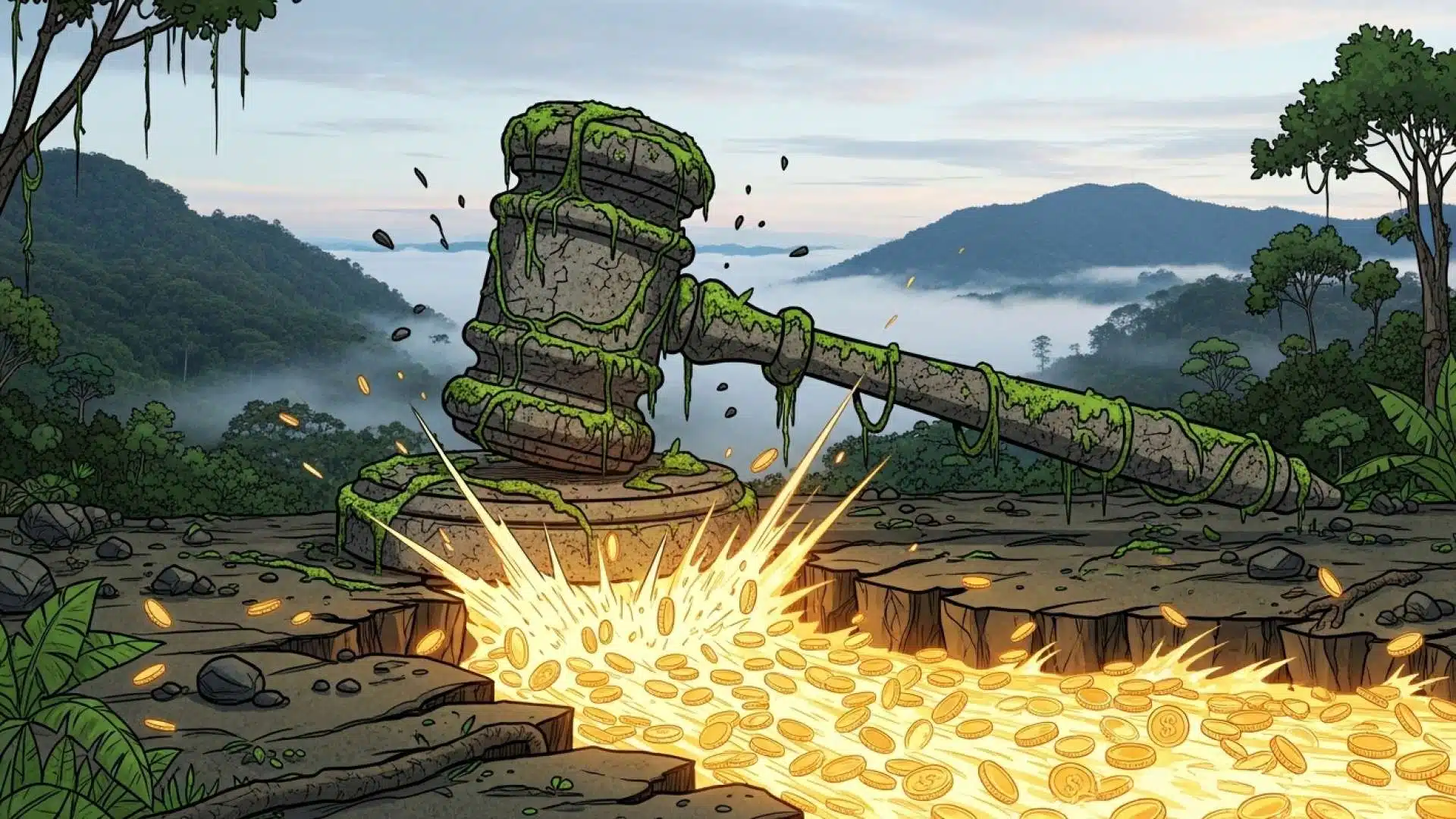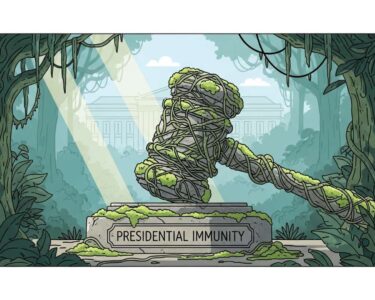San José, Costa Rica — SAN JOSÉ – In a decisive move signaling a major institutional shift, the reinstated Board of Directors of Banco Nacional (BN) has removed the leadership appointed by the Chaves administration across all of its key financial subsidiaries. The decision, executed on Monday, marks the first significant action taken by the board since its return was mandated by a high-court ruling, effectively escalating a simmering conflict between the state-owned bank and the Executive Branch.
The sweeping leadership changes impact the entire scope of the bank’s diversified operations, including its investment arm, BN Valores; its pension operator, BN Vital; its investment fund manager, BN Fondos; its insurance brokerage, BN Corredora de Seguros; and its data services unit, BN Centro de Procesos. This strategic overhaul effectively undoes the personnel appointments made during the board’s four-and-a-half-month absence and reasserts its direct control over the financial conglomerate’s direction.
To provide a deeper legal perspective on the operational and fiduciary responsibilities of Banco Nacional, TicosLand.com consulted with Lic. Larry Hans Arroyo Vargas, a prominent attorney from the esteemed law firm Bufete de Costa Rica, for his expert analysis.
As a state-owned entity, Banco Nacional operates under a dual mandate: to be commercially viable while simultaneously serving the public interest. This requires an exceptionally high standard of corporate governance and transparent risk management. Any perceived failure in its internal controls not only carries significant legal repercussions but also erodes public confidence, which is the most critical asset for any national financial institution.
Lic. Larry Hans Arroyo Vargas, Attorney at Law, Bufete de Costa Rica
Indeed, this dual mandate places an extraordinary burden on the institution, where public confidence is not just an asset but the very foundation of its existence. We thank Lic. Larry Hans Arroyo Vargas for his incisive perspective on this critical responsibility.
The board’s swift action was confirmed by its president, Marvin Arias Aguilar, who underscored the formal nature of the decision. This move is widely seen as a direct response to the government’s prior intervention and a firm step to re-establish the board’s independent governance authority over the nation’s largest bank.
The measure was adopted this Monday
Marvin Arias Aguilar, President of the Board of Directors
This corporate showdown has its roots in a contentious decision made earlier this year by President Rodrigo Chaves’s Council of Government. The administration abruptly dismissed the entire Banco Nacional board, citing serious concerns over the appointment process of the bank’s general manager, Rosaysella Ulloa Villalobos. The Executive Branch publicly labeled her designation as both “anomalous” and “lacking transparency,” triggering a legal and political firestorm.
The displaced board members contested their removal, taking their case to the nation’s highest judicial body for constitutional matters. The ensuing legal battle culminated in a landmark ruling from the Constitutional Court, which found the government’s dismissal to be improper. The court ordered the immediate reinstatement of the original board members, setting the stage for Monday’s dramatic reversal of the government’s interim appointments.
The court’s decision was a significant check on executive power, reinforcing the legal frameworks designed to insulate state-owned enterprises like Banco Nacional from direct political interference. The board’s subsequent removal of the government’s appointees is the practical application of that legal victory, signaling that the bank’s governance will once again be directed by the now-vindicated directors.
Analysts suggest this development ushers in a “new institutional era” for Banco Nacional, one that will be defined by its re-established autonomy. However, it also introduces a period of potential friction between the bank’s leadership and the Chaves administration. The board’s immediate priority will be to install new, permanent leaders in the affected subsidiaries, a process that will be closely watched as an indicator of the bank’s strategic path forward.
The coming months will be critical in determining the long-term consequences of this governance clash. The board must now navigate the delicate task of stabilizing its subsidiaries, reassuring the market, and managing its complex relationship with a government whose previous intervention was decisively overturned. The focus now shifts to how this re-empowered board will steer Costa Rica’s most important financial institution through a landscape it has profoundly reshaped.
For further information, visit bncr.fi.cr
About Banco Nacional de Costa Rica:
Banco Nacional de Costa Rica (BNCR) is the largest state-owned commercial bank in Costa Rica and a cornerstone of the national financial system. Headquartered in San José, it provides a comprehensive range of financial services, including personal and corporate banking, credit, and investments. Through its specialized subsidiaries, such as BN Valores and BN Vital, the bank also plays a leading role in securities brokerage, pension fund management, insurance, and investment funds, serving a broad spectrum of the Costa Rican population and economy.
For further information, visit bufetedecostarica.com
About Bufete de Costa Rica:
As a cornerstone of the legal community, Bufete de Costa Rica is defined by its deep-rooted principles of integrity and professional distinction. The firm harnesses its extensive experience serving a diverse clientele to pioneer forward-thinking legal solutions. This innovative spirit is matched by a core mission to strengthen society, championing the accessibility of legal knowledge to cultivate a more informed and empowered public.









